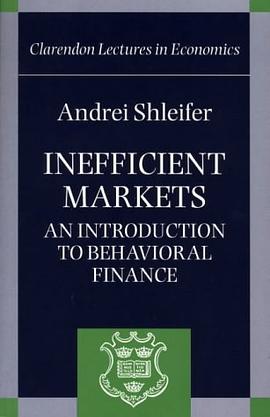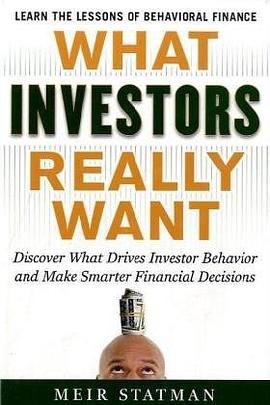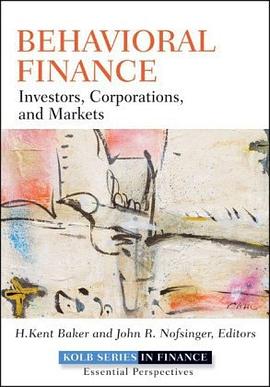

The efficient markets hypothesis has been the central proposition in finance for nearly thirty years. It states that securities prices in financial markets must equal fundamental values, either because all investors are rational or because arbitrage eliminates pricing anomalies. This book describes an alternative approach to the study of financial markets: behavioral finance. This approach starts with an observation that the assumptions of investor rationality and perfect arbitrage are overwhelmingly contradicted by both psychological and institutional evidence. In actual financial markets, less than fully rational investors trade against arbitrageurs whose resources are limited by risk aversion, short horizons, and agency problems. The book presents and empirically evaluates models of such inefficient markets. Behavioral finance models both explain the available financial data better than does the efficient markets hypothesis and generate new empirical predictions. These models can account for such anomalies as the superior performance of value stocks, the closed end fund puzzle, the high returns on stocks included in market indices, the persistence of stock price bubbles, and even the collapse of several well-known hedge funds in 1998. By summarizing and expanding the research in behavioral finance, the book builds a new theoretical and empirical foundation for the economic analysis of real-world markets.
具体描述
读后感
评分
评分
评分
评分
用户评价
相关图书
本站所有内容均为互联网搜索引擎提供的公开搜索信息,本站不存储任何数据与内容,任何内容与数据均与本站无关,如有需要请联系相关搜索引擎包括但不限于百度,google,bing,sogou 等
© 2025 book.wenda123.org All Rights Reserved. 图书目录大全 版权所有




















